Publications
Articles, publications, books, tools and multimedia features from the U.S. Institute of Peace provide the latest news, analysis, research findings, practitioner guides and reports, all related to the conflict zones and issues that are at the center of the Institute’s work to prevent and reduce violent conflict.
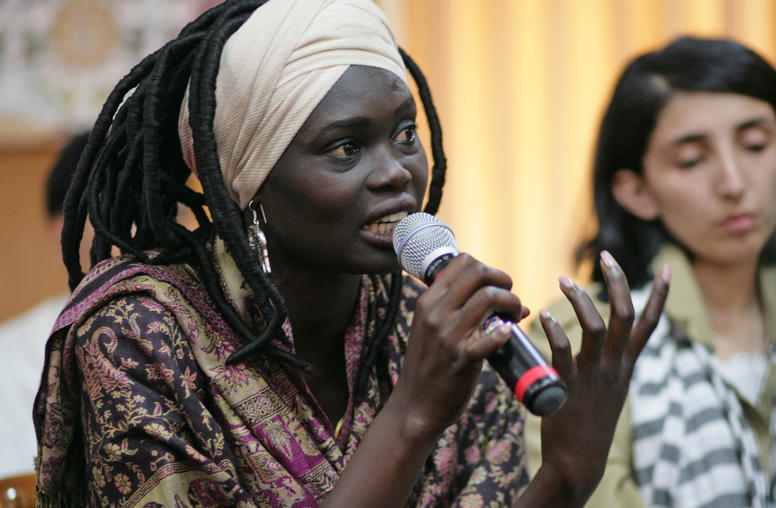
What Works in Youth Projects? Lessons for the Youth, Peace, and Security Field
Until the adoption of UN Security Council Resolution (UNSCR) 2250 in 2015, the international community had no comprehensive framework with which to address the specific needs and opportunities of a key demographic group—young people. This report presents the findings of a meta-review assessing fifty-one youth projects supported or implemented by USIP between 2011 and 2018 and offers recommendations for continuing to develop and support peacebuilding activities with effective engagement, cooperation, and flexibility among civil society organizations and funders.
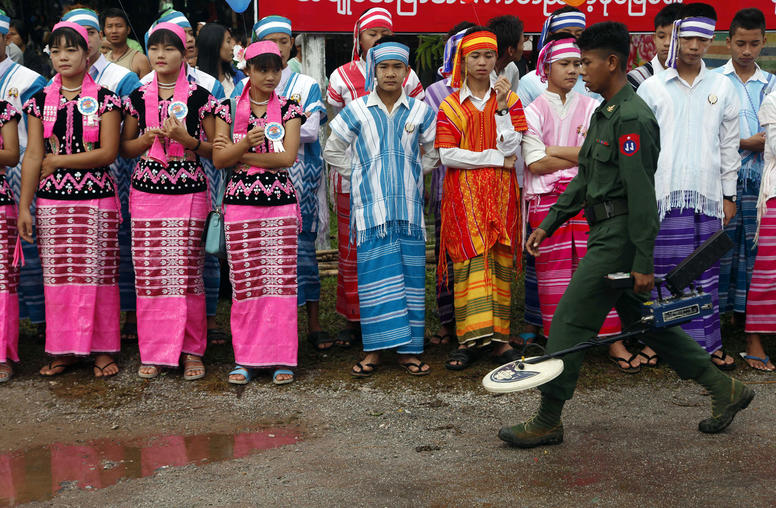
Why Burma’s Peace Efforts Have Failed to End Its Internal Wars
After seven decades of civil war and five failed peace efforts, Burma is no closer than before to reaching an agreement that would bring an end to its many conflicts. Analysis of those previous attempts shows that they all foundered on immutable attitudes on both sides. This report suggests that the peace process needs a fresh start, learning from the past and seeking to resolve underlying political disparities while prioritizing community interests and sustainable development.
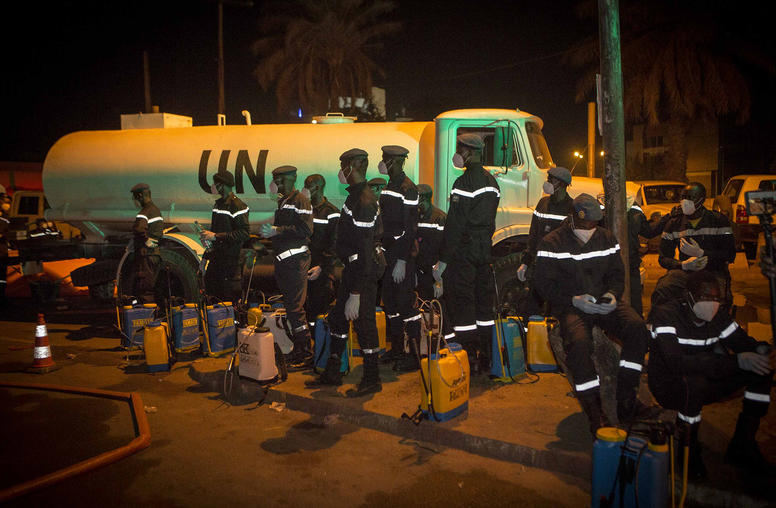
Four Lessons for Cease-fires in the Age of COVID
During his opening remarks at the 75th U.N. General Assembly, Secretary-General António Guterres renewed his appeal for a global humanitarian cease-fire, urging the international community to achieve one in the next 100 days. But in the roughly 180 days since his initial appeal, most conflict parties have not heeded the secretary-general’s plea. What can peacebuilders do to advance the secretary-general’s call? Four key lessons have emerged over the last six months on how cease-fires can be achieved—or stalled—by COVID-19.
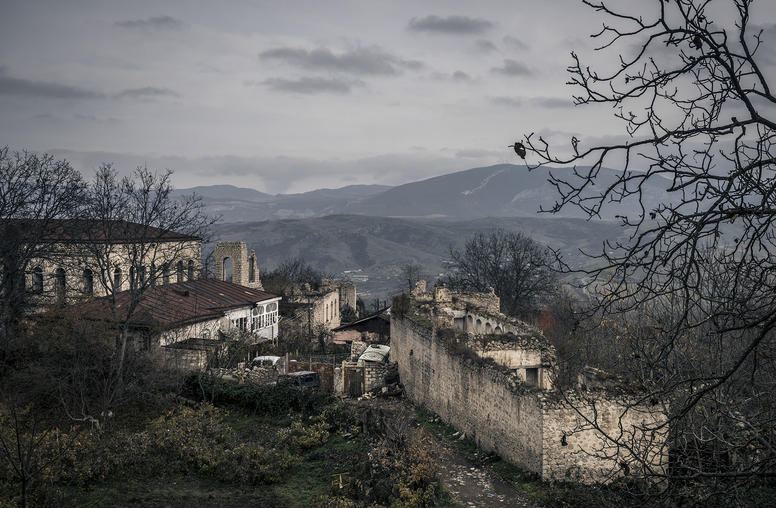
A Fire in the Garden: Can We End the Nagorno-Karabakh War?
Amid the world’s profusion of wars, COVID crisis and turbulent U.S. elections, a reader could overlook the century’s worst eruption of bloodshed between Armenia and Azerbaijan. But the revival this week of war in the Caucasus region should galvanize policymakers in Washington, Europe and Moscow to lean in hard and resurrect vigorous peacemaking for the first time in recent memory. While it’s unclear whether a full resolution can be achieved in any near future, this week’s fighting signals the risk of neglect: a dangerous, wider war.
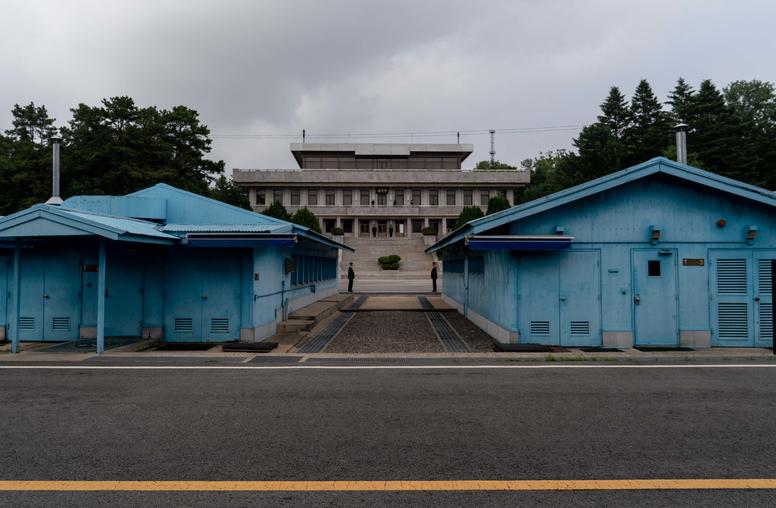
Four Ideas for a More Practical Approach to North Korea
A significant impediment for the United States is that it continues to narrowly limit its policy options while North Korean capabilities expand unabated. Washington’s window of discourse on North Korea policy largely consists of: Pressure the Kim regime through sanctions; don’t legitimize or reward it until preconditions are met; and don’t make any concessions until the North takes significant denuclearization measures first. To achieve any sustained results, these policy boundaries must be substantially widened to include more realistic and practical measures. We, along with our colleagues at USIP, explored many of these issues in a recent report, “A Peace Regime for the Korean Peninsula.”

Tyler Beckelman on the Virtual U.N. General Assembly
While this year is the U.N.’s 75th Anniversary, the General Assembly was a “more muted affair” than expected, says USIP’s Tyler Beckelman. Member states had a chance to discuss the newly signed Abraham Accord and the future of multilateral diplomacy, but virtual summitry is “no substitute for meeting in person.”
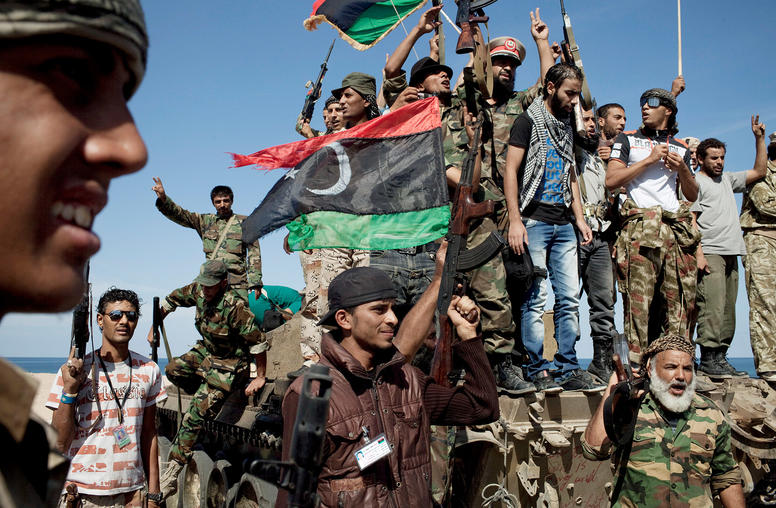
Oil Blockades, Protests and Resignations: The Latest on Libya’s Conflict
As global and regional players jockey for influence, international efforts to resolve the conflict remain stymied and ineffective. Meanwhile, Libya’s vast oil reserves—which provided a decent standard of living for many Libyans prior to 2011—have been under blockade, devasting the economy and livelihoods and leading to mounting frustration among Libyans. Further muddying the waters, the prime minister of the U.N.-backed Government of National Accord (GNA), Fayez al-Sarraj, announced he would step down in October and transfer power to a new administration.
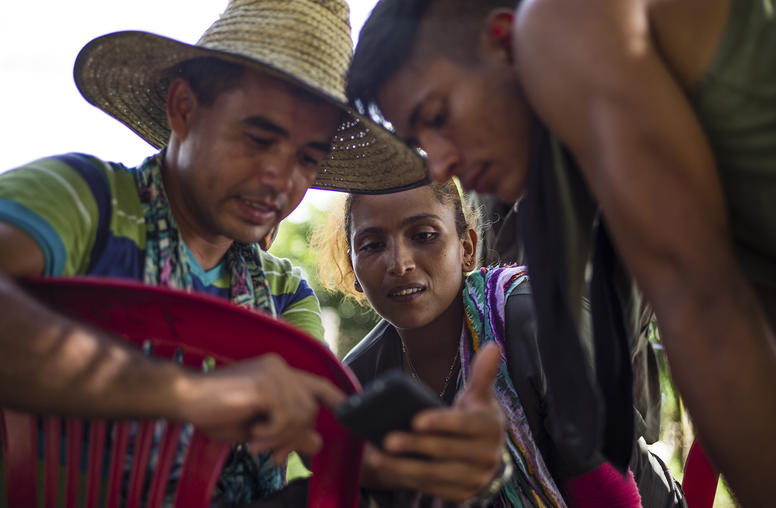
Digital Inclusion in Mediated Peace Processes: How Technology Can Enhance Participation
Inclusion in peace processes is conventionally understood in “offline” terms, such as being physically present at the negotiation table. However, digital technology can support a mediator’s efforts to integrate a broad variety of perspectives, interests, and needs into a peace process. This report explores the current and future practice of digital inclusion, giving a framework for understanding the possibilities and risks, and providing examples of practical ways digital technologies can contribute to mediated peace processes.
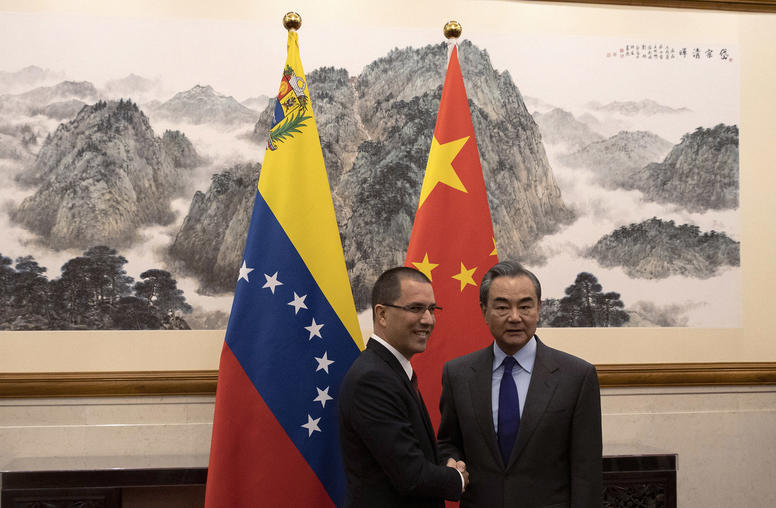
China-Venezuela Relations in the Twenty-First Century: From Overconfidence to Uncertainty
The outsized ambitions and scale of the China-Venezuela political and financial relationship in the twenty-first century have meant that its failures and disappointments have been correspondingly large. This report explores how the nations came to be involved, how each side has responded to Venezuela’s extended economic and political crisis, and the implications for the future of the bilateral relationship and for China’s aspirations to be a leader and agent of international development.
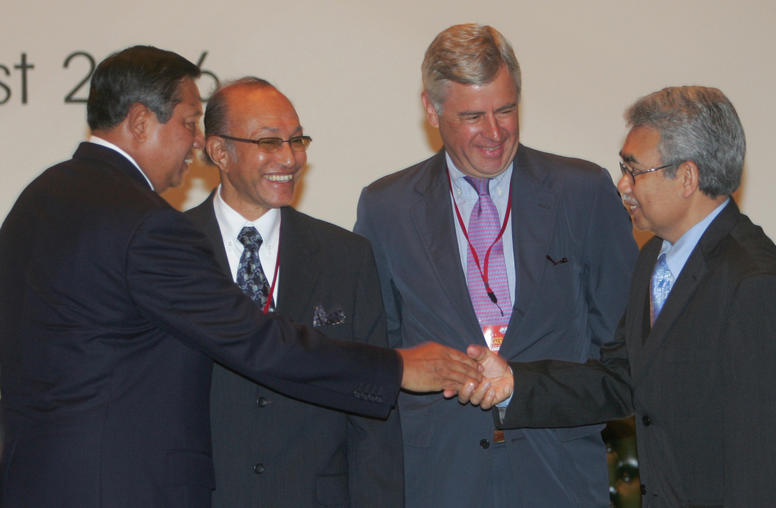
After the Agreement: Why the Oversight of Peace Deals Succeeds or Fails
Almost every modern peace agreement has established some type of institution to oversee implementation of the agreement’s provisions and monitor compliance. This report provides a careful examination of monitoring and oversight mechanisms set up in Sierra Leone, Indonesia, Sudan, and South Sudan between 1999 and 2015, and offers a series of key lessons for the design of future monitoring mechanisms.